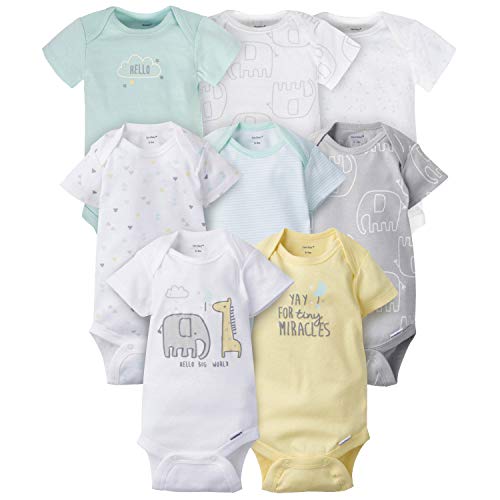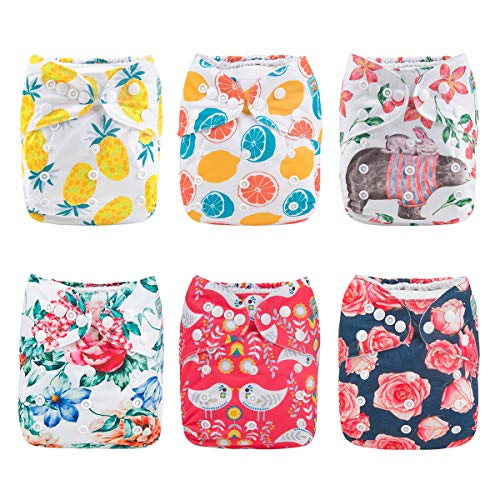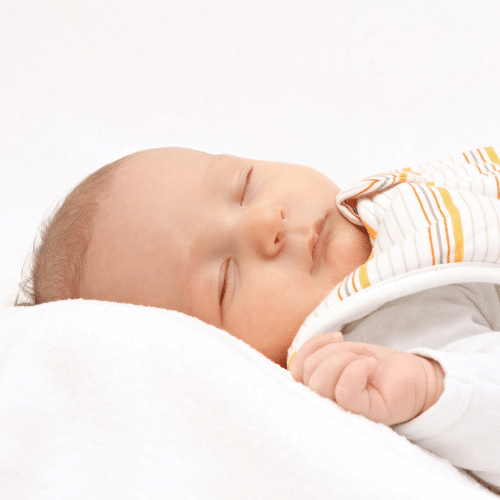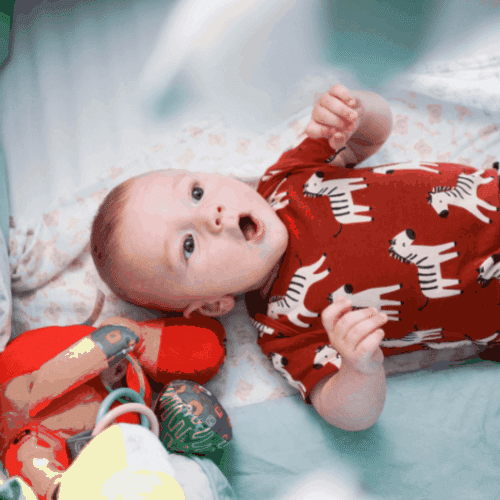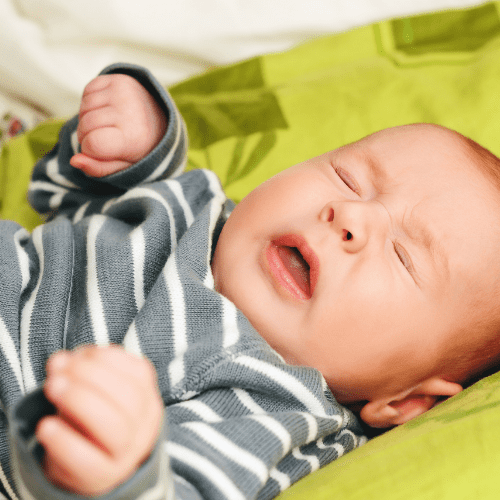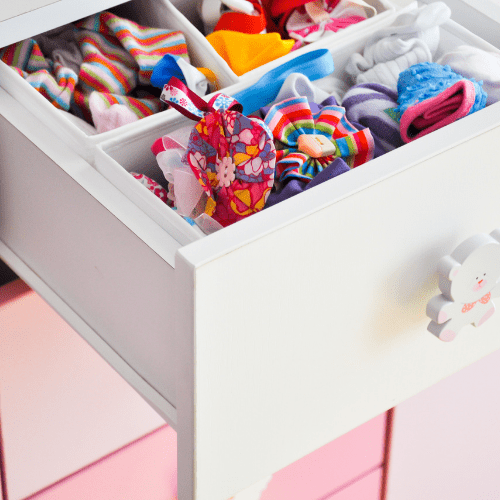We’ve all been there. Your baby is crying, the smell of poop is wafting through the air. Instinctually, we know exactly what has happened. So we go to change them, and to our dismay – the poo has gone everywhere. Yes, that’s right, the diaper failed us in our hour of need.
It can drive you crazy! You might have just gone out for a nice walk and have to cut your journey short to deal with the mini-explosion happening inside your baby’s clothes.
So many soiled baby grows, car seats and bedsheets have fallen victim to an overflowing diaper.
But mamas, hear me out. You are not in this alone. Unfortunately, diaper blowout is a regular experience for parents across the world. But don’t despair; there are plenty of ways to deal with it.
So, let’s delve deeper into the smelly world of leaky, poopy diapers.
As an Amazon Associate, I earn from qualifying purchases. The links below maybe affiliate links. Please read my disclosure policy for more information.
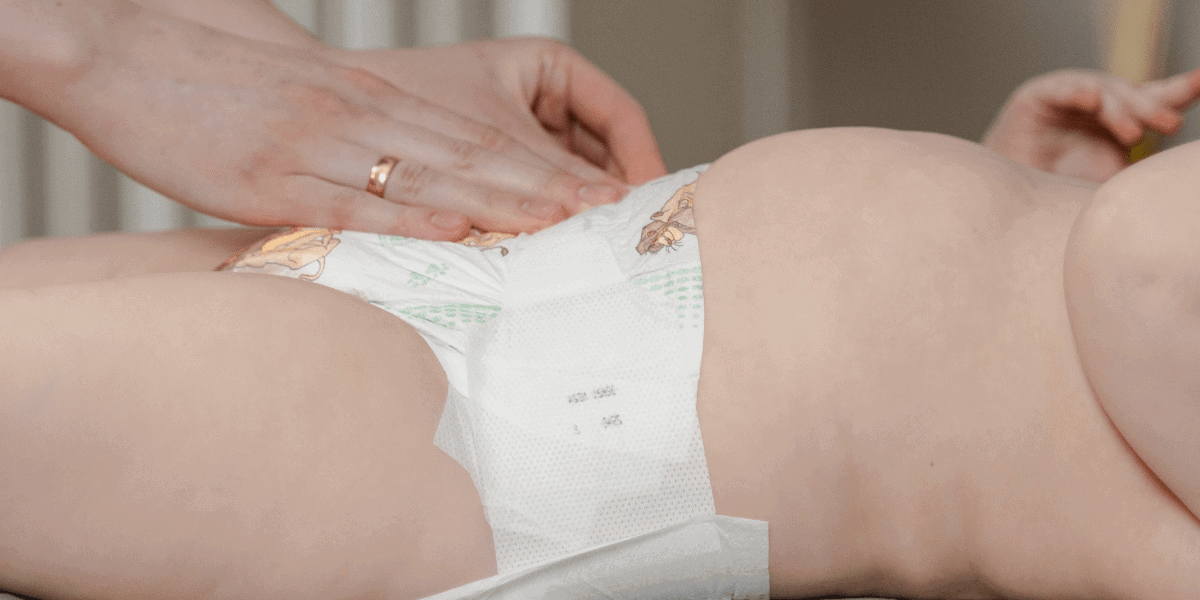
Why does diaper blowout happen?
Many things can cause an unfortunate diaper blowout. Being able to recognize these problems is the first step to avoiding the poop volcano.
Leakage can occur from the front, back or legs of the diaper, so it is essential to pay attention to all the possible causes so you can best fix the problem.
Here are some of the common causes:
- Wrong size diaper
- Wrong size baby clothing
- Diaper brand
- Putting pressure on the used diaper when you pick up your baby
- A large poo after a period of constipation
- Diarrhoea or runny poo
Now that we know some of the leading causes for a leaky diaper, here comes the important question: how do I stop it from happening again?!
10 Ways to prevent diaper blowout
1. Choose the right size diaper for your child
Just like us adults, every baby comes in different shapes and sizes. A diaper that is too small will cause them to fold up, creating gaps for faeces to escape.
It will also push on the baby’s stomach, causing more bowel movements to occur than usual, as well as creating air bubbles throughout the diaper that will leave some openings around it.
Diaper brands tend to sell by age rather than a particular size, so make sure you buy the diaper that best fits your child, regardless of the age on the packet. Every child grows at a different rate, so while age may be a reasonable baseline, your baby’s age will not always correlate with their size.
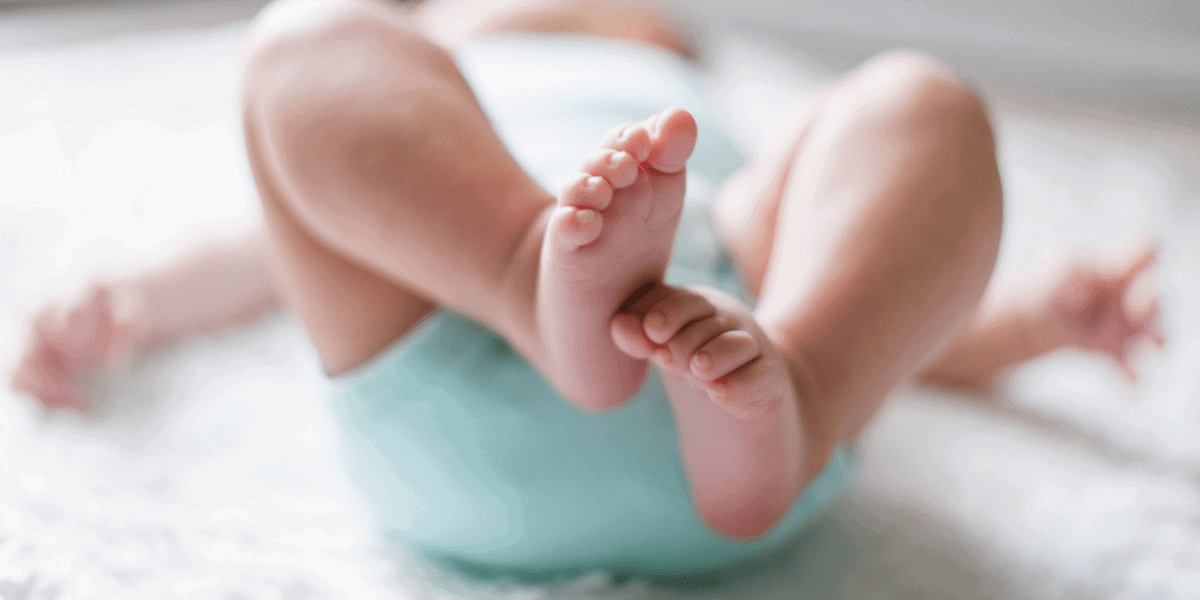
2. Choose the right diaper brand for your child
As I briefly mentioned above, diaper brands have a specific way of sizing their products. Not only this, but they also vary the exact body proportions from brand to brand.
That means depending on your child’s body proportions; one brand may fit them better than another. Through a bit of trial and error, you will be able to find the perfect fit for your child.
Remember that your child’s proportions may change as your child grows, and you may need to change the diaper brand you use to provide them with the best protection.
Finally, not all diapers are created equal. Some diapers can withstand more filling than others. Knowing how much your child tends to release when they go to the bathroom will help you strategize how durable your diapers need to be.
Diapers can be costly, so buying the more expensive, stronger diapers is not always possible. Instead, find the best diapers for your budget, but remember there are more strategies that can help prevent diaper blowout, so don’t worry if you aren’t 100% happy with the brand of diaper you are using.
3. Make sure your child’s clothes fit properly
Like the first two points, having clothes that are too tight will press on the diaper, causing the dreaded gaps to occur at the waist and legs.
Make sure your baby has clothes that fit them properly and comfortably to avoid putting unnecessary pressure on the diaper that will cause problems later down the line.
4. Pay attention to the leg cuff on the diapers
Many diapers come with frilly or fancy leg cuffs that work well to create a vacuum from which poop cannot escape. And they really do work – as long as they are on correctly.
When putting on a diaper, the leg cuff can get tucked into itself, causing a gap around the leg and an escape route for the mess. When we are in a rush to change a diaper because we have somewhere we need to be, we don’t always realise if something has gone wrong when changing the diaper.
To avoid this, make sure to double-check that the cuff is untucked before finishing up. You can do this by running a finger around the inside of the cuff to make sure the cuff isn’t stuck inside the diaper. It’s simple, yet effective.
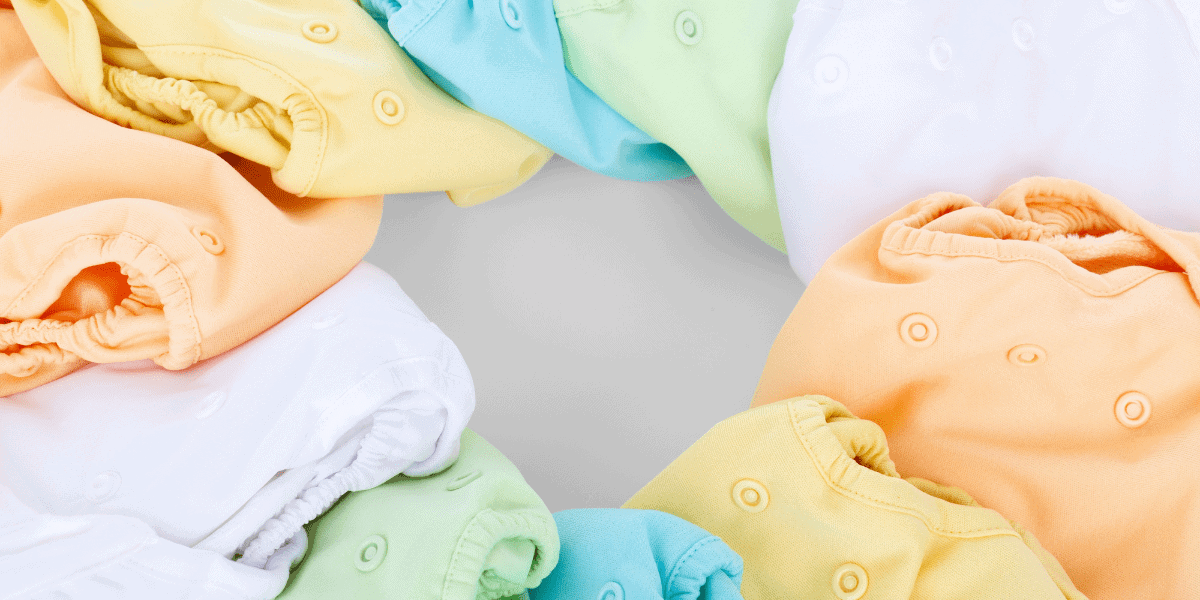
5. Use a cloth diaper
Don’t worry; cloth diapers have come a long way since the days of fabric held in place by a safety pin. Today’s offerings are much more sophisticated and pleasant to use.
Cloth diapers are much easier to contour to your baby’s body; they are also less likely to create rogue gaps in the leg or waist where poo might escape. Not only that, but they also tend to be more durable and leak-resistant.
Cloth diapers are also free from the unwanted toxins found in some disposable ones and cause less irritation to your child’s body. So they really are a great alternative to the traditional disposable diaper.
Although more expensive upfront, cloth diapers can save you a lot of money on disposable diapers, with a good quality diaper costing anywhere between $5-$15.
As if that wasn’t enough, cloth diapers can be washed in the laundry and reused. Saving the planet from poop and waste? Yes, please!
6. Change your baby’s diaper regularly
While diapers are great for holding poop, they aren’t indestructible! Diapers can become overfilled and erupt, causing poo leakage and a very unhappy mama and baby!
To combat this, make sure you change your child’s diapers regularly to avoid this situation.
As a result, your baby will more than likely benefit from fewer diaper rashes or discomfort from a wet diaper as well.
7. Get to know your baby’s schedule
Babies tend to develop a poop pattern. That is, they are likely to go potty at similar times each day. So eventually, it will become second nature for you to guess when your child is likely to poo.
Knowing this information is vital in the quest against the diaper blowout. As we know, diapers can fail us when they get overfilled, either by becoming too saturated and expanding or by bursting at the seams.
Knowing your baby’s schedule means you’ll be ready with a diaper change before any problems can occur. You: 1, Poop: 0.
8. Wait a few minutes before changing your child’s diaper after a poo
Have you ever been to the toilet, thought you were finished and then realized a second wave was coming as you got up? Well, your baby will sometimes experience this too.
You’ll be able to tell if there are more “gifts” being dropped off by observing your baby. Is their face screwed up and red like they are trying to squeeze something out? Are they lying still as if something is about to happen?
Over time you’ll get to know your baby’s body language better than anyone and will be able to judge whether or not they are done.
Waiting a couple of minutes ensures accidents are avoided. After all, the last thing we want is to change our baby too early only to be greeted with a face full of pee and a hand covered in poop. It will probably happen at some point, but we can definitely try to avoid it in the meantime!
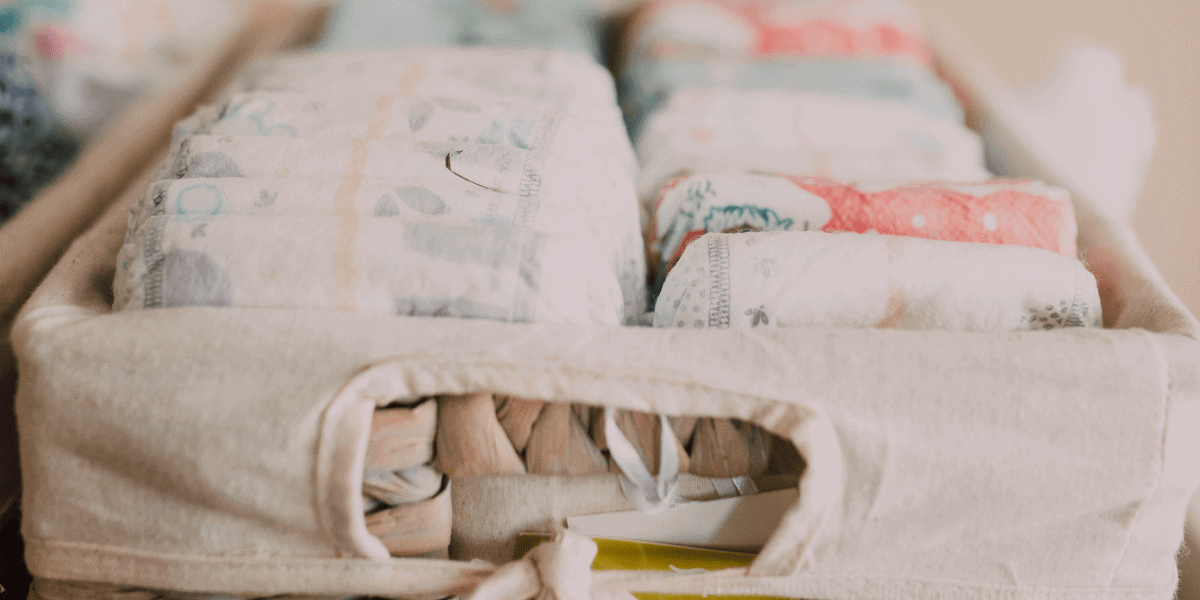
9. Consider using diaper extenders
Diaper extenders are lifesavers for the dreaded diaper blowout. These super-absorbent pads sit snuggly in the back of the waistband of your baby’s diaper and extend up your baby’s back.
These pads will allow you to spend a little longer between changes when it is not possible and will save countless clothes and car seats from being soiled.
When travelling especially, make sure to pack extra diaper extenders to feel more reassured you won’t have to deal with any stressful poop-related accidents.
10. Preparation, preparation, preparation.
Sometimes we delay changing our child’s diapers because we are travelling and only have a certain number of diapers available. By preparing for this scenario, we can avoid delaying changing times.
Don’t go overboard, but having a few extra diapers, clothes and wipes will help avoid diaper blowout before it ever becomes an issue.
The takeaway
As the famous book says, “Everybody Poops”. But you don’t have to fall victim to an untimely diaper blowout.
By following the advice in this blog post, you’ll be able to go out with confidence, knowing you and your baby are well protected from any messy mishaps.
Find out what works best for you and your baby and start implementing it into your daily routine. You’ll find you are both happier for it.
So, from one mom to another, it will get easier, trust me. As you gain confidence and get to know your baby, avoiding diaper blowout will get easier as you learn what works for you. Because time is too precious to waste clearing up a poop explosion.




